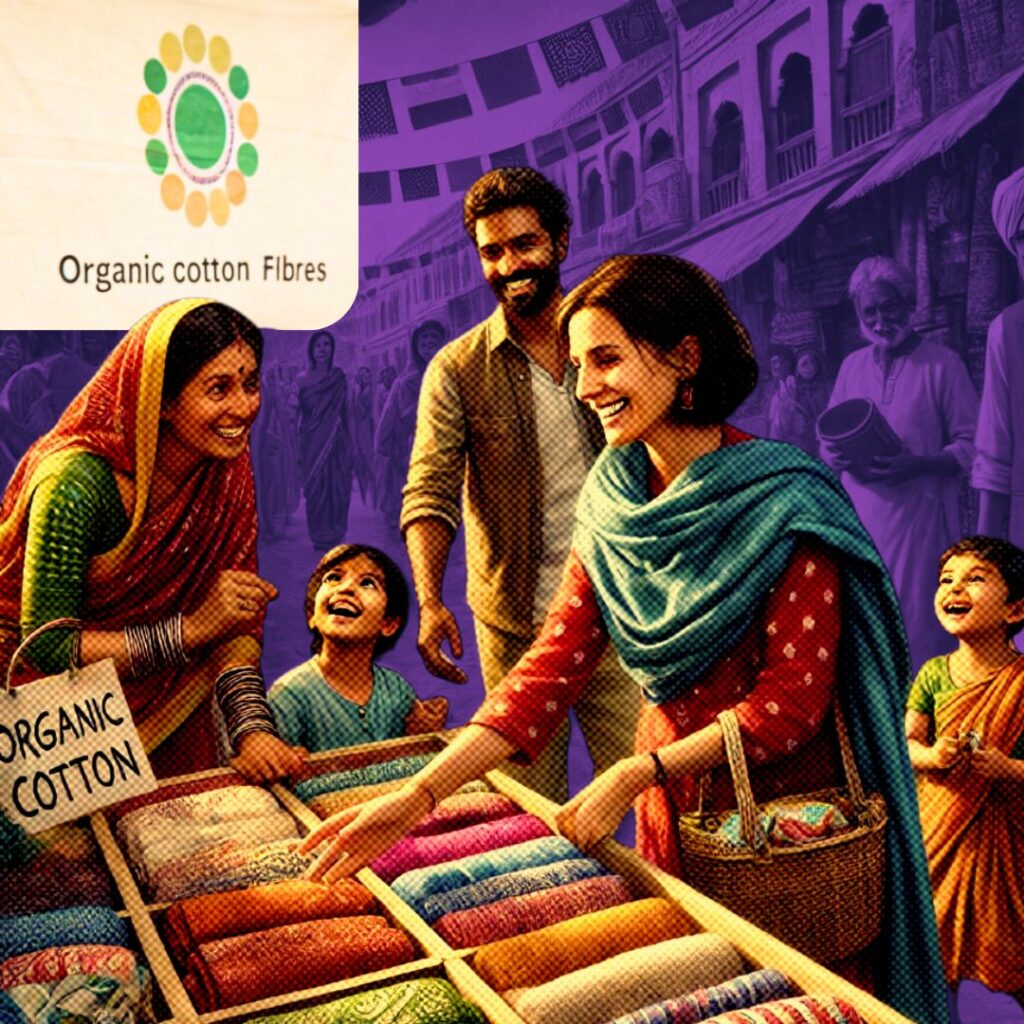MediaWise is a social-first digital media literacy initiative of the nonprofit Poynter Institute. Their program teaches people of all ages and backgrounds how to responsibly engage with online content in the age of information overload. This fact-checking enterprise was created in 2018 to empower citizens to find trusted sources and make sense of the vast amount of information at their fingertips.
Speaking with The Logical Indian, Alex Mahadevan, Director of MediaWise, shared his insights about the importance of digital media literacy in present times.
Based out of the United States, Alex Mahadevan works as the director of MediaWise, an organization dedicated to digital media literacy. Having worked as an accomplished journalist in the past, he is now working in the fact-checking industry. He has also trained journalists worldwide on digital and verification tools. At present, he co-leads the Empowering Digital Diverse Digital Citizens Lab with Stanford University researchers
Below are the excerpts from the interview:
1. As the director of MediaWise at the Poynter Institute, what motivated you to focus on teaching digital media literacy to middle and high school students?
I am motivated by my experiences as a local news reporter in the United States. In my career, I have seen the rise and harm of misinformation in my community in Facebook comments, website comments and during interviews with people I knew very well and trusted.
It was disheartening to see national misinformation narratives trickle down in my community. The COVID-19 pandemic was prolonged by falsehoods about vaccines and masks, the Jan. Over six insurrection came about largely due to misinformation, and democracies around the world continue backsliding.
2. What impact do you hope to achieve through your work in promoting digital media literacy? How do you envision the future of media literacy education in schools and journalism institutions?
In my view, people of any age in any country should be empowered to spot misinformation and seek out legitimate news on their own. With legitimate news at their reach, people would vote with accurate information, and polarization would disappear because we would be able to converse with our neighbours in the shared universe of truth.
In the future, media literacy should be mandatory in schools. That is already happening with many states and we are moving to mandate it as part of curricula. And journalists should seek to be transparent in their reporting — walk readers through how they did their reporting — to incorporate media literacy into the news.
3. What is your vision for the next 5 years in empowering people to fight misinformation?
This is hard to predict. But I think AI will put even more pressure on fact-checkers and journalists, and the few resources they have to do their work. So media literacy will rise to the forefront as an important approach to address misinformation — about AI or any topic — at scale. I think researchers will move toward a unified framework for measuring peoples’ media literacy level, which will make media literacy interventions more effective.
4. What strategies or techniques do you employ to make digital media literacy engaging and relatable to young students?
First, our Teen Fact-Checking Network. This is a digital fact-checking newsroom made up of teens. They pitch, write and film fact-checks for TikTok and YouTube, which always include applicable media literacy tips and techniques. This is an effective peer-to-peer model. teens trust one another, and they know what types of misinformation their fellow teens see online. We only use new and relevant examples of misinformation. For example, the Barbie movie just came out here in the U.S. So, we’re looking for misinformation about that. We strive to stay fresh and relevant.
5. In your opinion, what are the key responsibilities of media organizations and platforms in promoting digital media literacy? How can they contribute to a more informed society?
Transparency is key to building trust and equipping readers with media literacy skills. You should have detailed methodologies explaining how you conducted investigations — even small ones and even reasoning for why you interviewed certain sources. There also needs to be thorough explanations of why you may have used anonymous sources. And very detailed editorial and corrections guidelines.
8. Can you highlight some of the key skills or tools that you emphasize when training journalists in verification and digital investigation?
The most effective tools are for reverse image searching since much misinformation available online is visual. TinEye, InVid and Google are all very effective. Geolocation using Google Earth and Maps can help track down context behind a photo or video.
9. With the rapid advancement of technology and the proliferation of fake news, how do you ensure that your digital media literacy curriculum remains up-to-date and relevant?
It is an ongoing process. We are constantly updating our courses with new lessons and examples. Usually monthly. Since a majority of our curriculum plays out with our TFCN on TikTok and YouTube, we can be constantly churning out new videos on pressing topics. AI will be a big one for us this year.
https://thelogicalindian.com/h-upload/2023/08/04/500x300_232792-web-27-2.webp
Trending
2023-08-11 12:27:52.0
How Mediawise Is Fighting Against Misinformation On Social Media & Educating Youngsters











